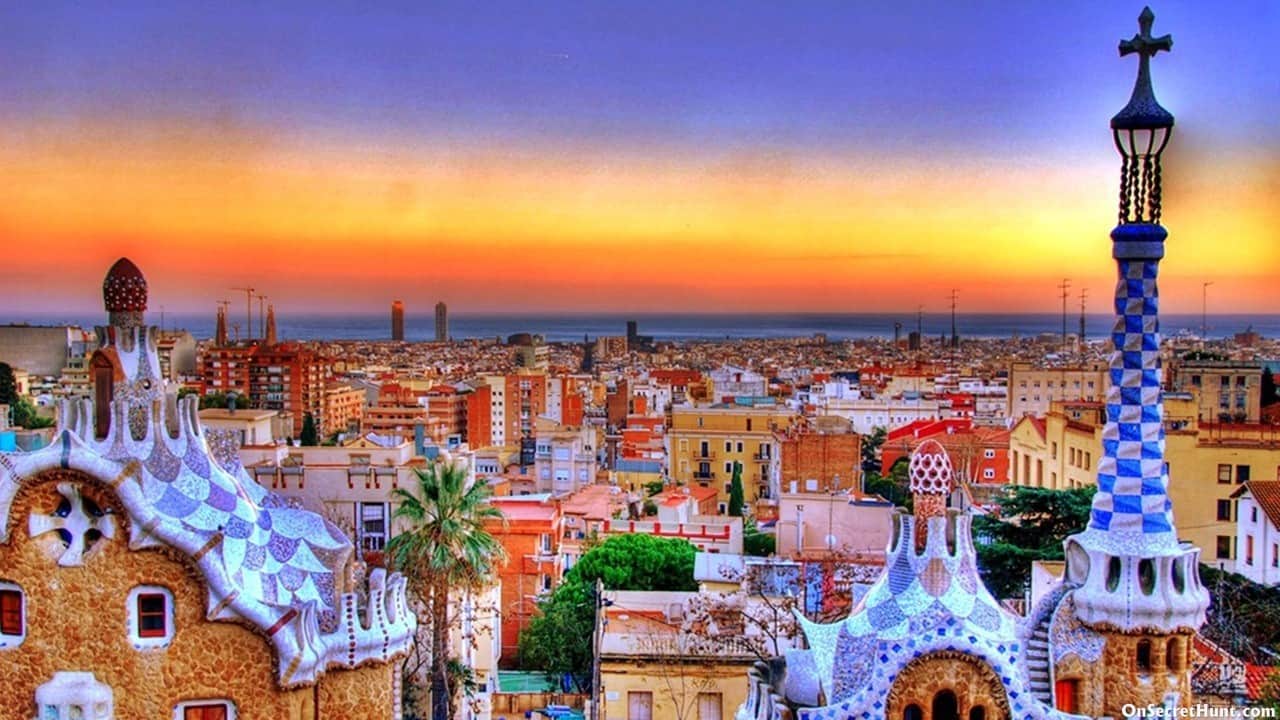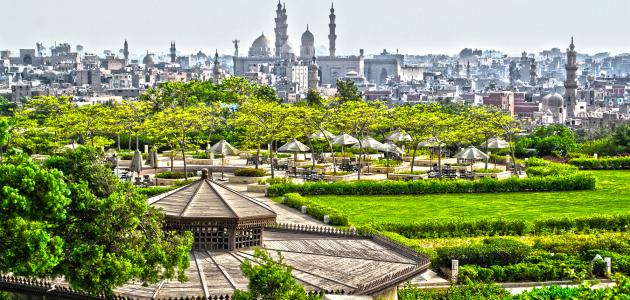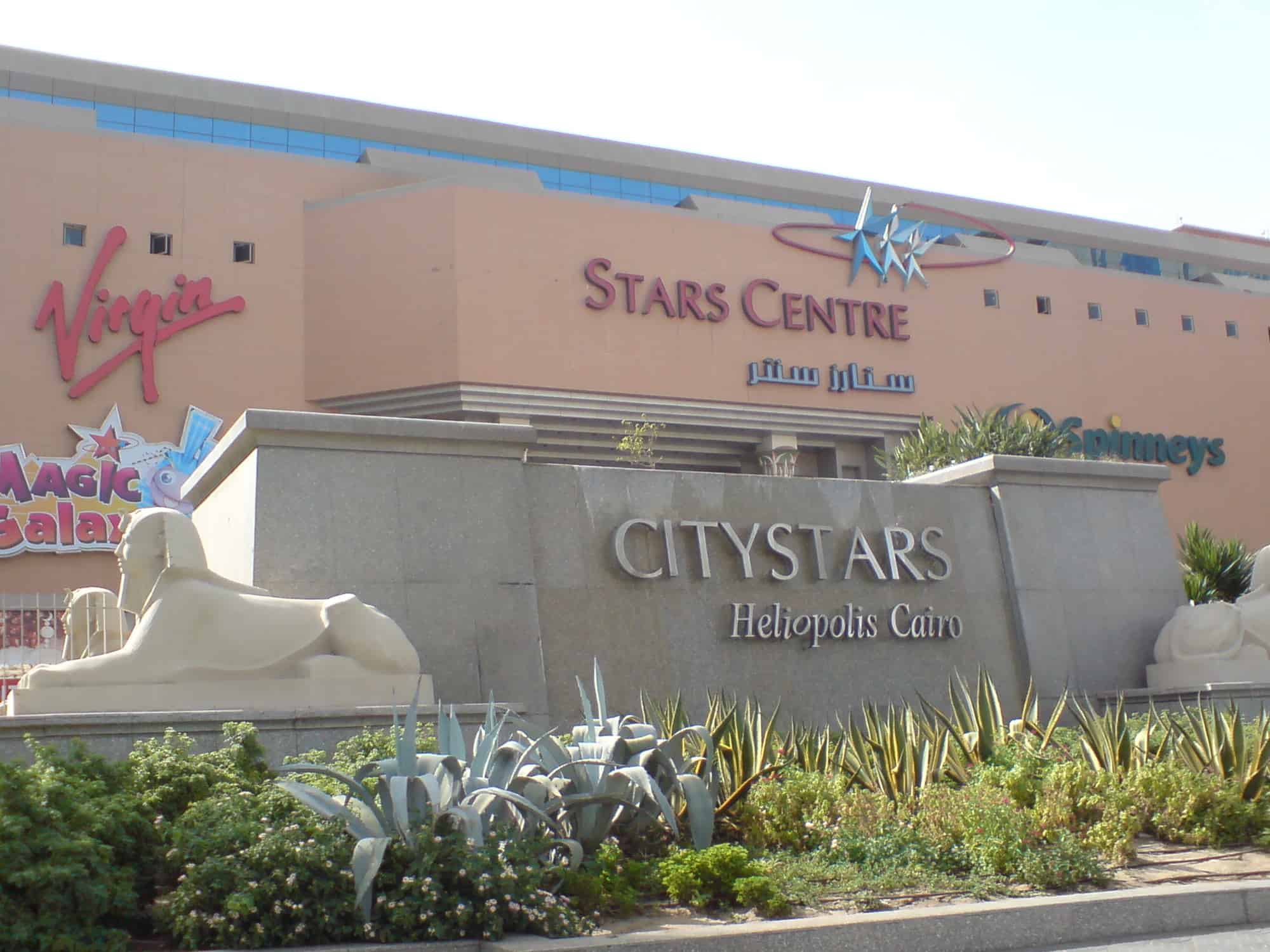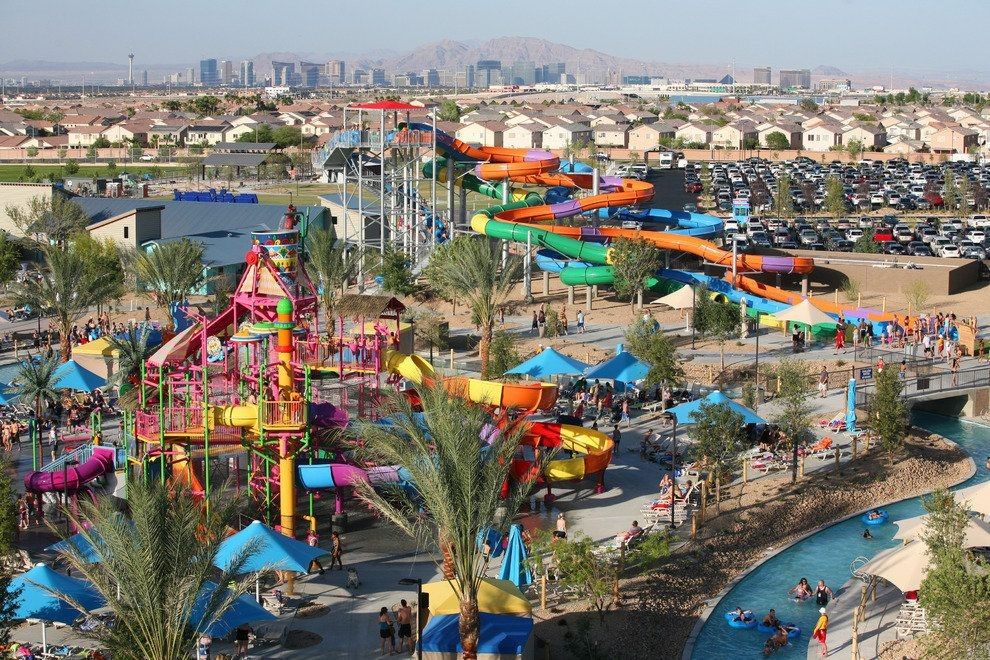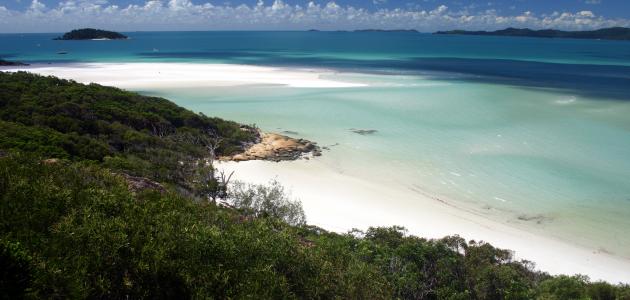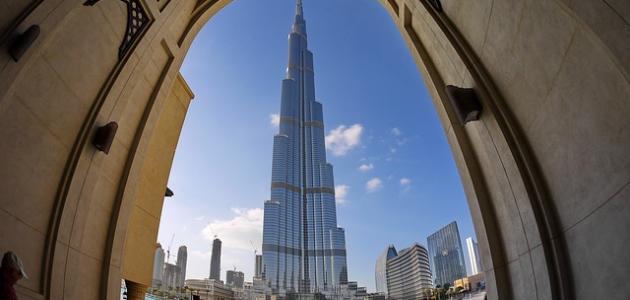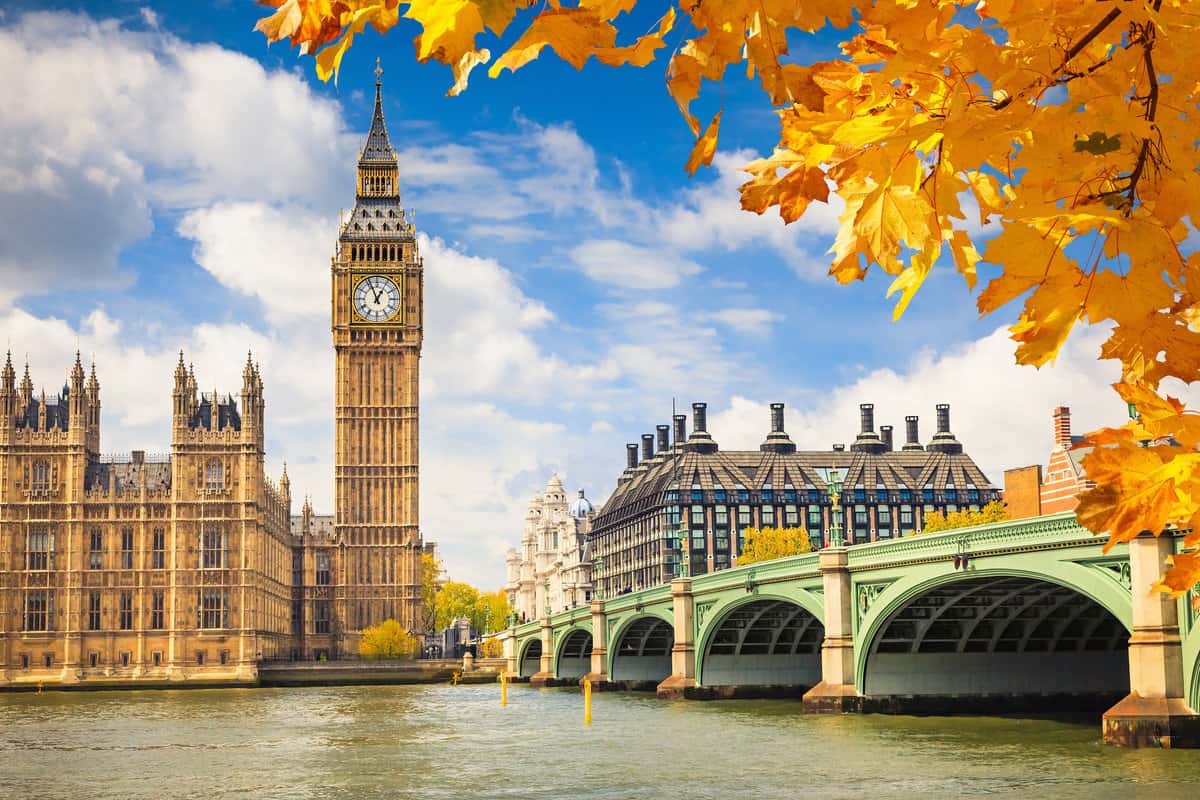Table of Contents
The state of Bologna
The state of Bologna or Poland, and officially the Polish Republic, occupies a space that extends to 312,679 km2 in the heart of Central Europe, and thus it is the sixty-ninth country in terms of area globally, and the ninth European, as well as ranked sixth at the level of the European Union in terms of overpopulation. Bologna shares international borders with: Germany on the western side, bordered on the south by the Czech Republic and Slovakia, on the east by Belarus, while on the northern side, it is bordered by Lithuania, the Baltic Sea, and Kalinefrad.
Bologna is considered to be a unitary state, and it consists administratively of sixteen administrative divisions, and it takes Warsaw, its largest city, as its capital. As for its population, it exceeded 38,485,779 people in 2014.
Warsaw is the capital of the state of Bologna
Warsaw is also known as Warsaw or Warsaw, and it is the largest city and capital of the country, and it is considered to be alpha-global cities, and it is called the city of the Phoenix, due to its exposure to many wars and woes throughout history; among them: World War II, which caused the destruction of more than 85% of Total city buildings.
On the ninth of November 1940 AD, the city was awarded the highest military medal Virtuti Militari In the country, given the tournaments I presented during the Warsaw Siege of 1939.
History of the city of Warsaw
Warsaw is considered the first fortified settlement in the region during the ninth and tenth centuries, and it was also restored to become a new settlement over the site of a small fishing village bearing the name Warsaw by the hands of Prince Block Bolso II Mesfaya, and it took great importance during the fourteenth century, where it became a major seat for the dukes Mesfaya, And by 1413 AD, Mesfia was taken as its capital.
As for the history of the city during the time period between the sixteenth and eighteenth centuries, it indicates that the city was able to achieve great accomplishments, among which it was taken as a permanent seat of the General Council of Representatives, and was given the name of the Confederation of Warsaw and the establishment of religious freedom in the Polish-Lithuanian Commonwealth, This came by virtue of its central position among the capitals of the Commonwealth of Nations within Krakow and Vilnius.
Throughout history, the town expanded to include a number of surrounding suburbs, as a number of independent circles resided in it, and it became the property of aristocrats and noble classes in society, and it was besieged three times during the period 1655-1658 CE, and was looted by Swedish forces.
Geography of Warsaw
Warsaw stands in an area extending to 450 km² starting from the east of the country to its center, and overlooks the Vistula River and crosses its lands, and rises above the sea level by more than a hundred meters, and the city shares borders with each of Berlin from the eastern side, separated by an estimated distance of 523 km, It is bordered by both the Carpathian mountain range and the Baltic Sea as well. The city is affected by a humid continental climate, with cold winters and mild summers, and records an approximate precipitation of approximately 495 milliliters.
The economy of Warsaw
Warsaw has a prestigious position in Poland on the economic level, and this position comes as an important industrial center containing a number of food processing plants, auto factories, electrical equipment, metals and textiles.
The city’s economy has a history teeming with dynamism and activity, as the city was interrupted by a number of major railroad intersections in the heart of the eastern European continent, thanks to which it became an ancient commercial city, and despite its economic position, its economy, like other Polish cities, weakened sharply.
By the year 2008 AD, Warsaw’s economy had fully recovered, ranking thirty-fifth among the most expensive cities in the world, and it was equal to that of Amsterdam and Rome. As for its ranking on the MasterCard index in emerging markets, it came in eighth place among sixty-five cities.

